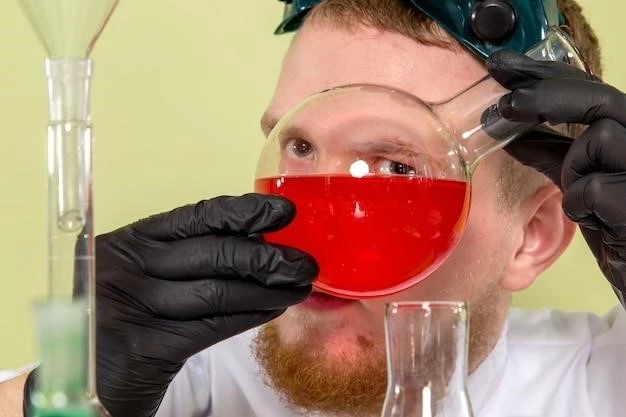Understanding Chordoma⁚ A Comprehensive Guide
Chordoma can arise from remnants of the notochord. Symptoms include pain, weakness, and numbness. Diagnosis involves imaging tests. Treatment options include surgery and radiation. Prognosis varies depending on the stage. Stay updated on research. Get tips for living with Chordoma. Join support communities.
Causes of Chordoma
Chordoma is a rare type of cancer that develops from the notochord, a structure present in early fetal development. The exact cause is not fully understood, but it is believed to result from remnants of the notochord not regressing completely during development. Genetic factors may also play a role in some cases. Chordoma is not thought to be caused by environmental factors or lifestyle choices. Research is ongoing to further understand the underlying causes of this unique type of cancer.
Symptoms of Chordoma
Symptoms of chordoma can vary depending on the location of the tumor. Common symptoms include persistent back or neck pain, headaches, numbness, weakness, and difficulties with bladder or bowel function. In some cases, individuals may experience changes in voice or swallowing. Due to its slow-growing nature, symptoms may develop gradually over time. It is important to seek medical evaluation if experiencing persistent or concerning symptoms that could be related to chordoma.
Diagnosis of Chordoma
Diagnosing chordoma typically involves a combination of imaging tests such as MRI, CT scans, and X-rays. A biopsy may be necessary to confirm the diagnosis by examining cells from the tumor. Additionally, genetic testing can help identify any specific gene mutations associated with chordoma. It is important to consult with a medical professional specializing in bone and soft tissue tumors for an accurate diagnosis and to determine the extent of the disease.
Treatment Options for Chordoma
Treatment options for chordoma may include surgery to remove the tumor, radiation therapy, and targeted drug therapy. The choice of treatment depends on factors such as the location and size of the tumor, as well as the individual’s overall health. Surgery aims to remove as much of the tumor as possible, while radiation therapy can help destroy remaining cancer cells. Targeted drug therapy may be used in cases where the tumor has spread or returned. A multidisciplinary approach involving oncologists, surgeons, and other specialists is often necessary to develop a comprehensive treatment plan.
Prognosis of Chordoma
The prognosis of chordoma can vary depending on factors such as the size and location of the tumor, the success of treatment, and whether the cancer has spread to other parts of the body. In general, chordomas are slow-growing tumors, but they can be challenging to completely eliminate. Regular monitoring and follow-up care are crucial to assess the response to treatment and detect any recurrence early. The prognosis for chordoma patients has improved with advances in treatment modalities and multidisciplinary care approaches.
Chordoma Research Updates
Ongoing research in the field of chordoma aims to improve understanding of the disease, develop targeted therapies, and enhance treatment outcomes. Studies are focused on identifying genetic mutations associated with chordoma, exploring new treatment approaches like immunotherapy, and investigating ways to prevent recurrence. Collaborative efforts between researchers, clinicians, and patients play a crucial role in advancing knowledge and paving the way for innovative treatment options. Stay informed about the latest developments in chordoma research to make well-informed decisions about your care.

Living with Chordoma⁚ Tips and Advice
Living with chordoma can be challenging, but there are ways to improve quality of life. Maintain open communication with your healthcare team, adhere to treatment plans, and prioritize self-care. Seek support from family, friends, and support groups. Stay informed about the latest research and treatment options. Engage in activities that bring you joy and relaxation. Practice mindfulness and seek professional help if needed. Remember, you are not alone in your journey with chordoma.
Chordoma Awareness and Support Communities
Chordoma awareness is important for promoting early diagnosis and access to resources. Joining support communities can provide valuable emotional support and information sharing with others facing similar challenges; Participate in awareness events, fundraisers, and advocacy efforts to raise visibility about chordoma. Connect with organizations dedicated to chordoma research and support. Together, we can make a difference in enhancing awareness, support, and research for those affected by this rare cancer.
